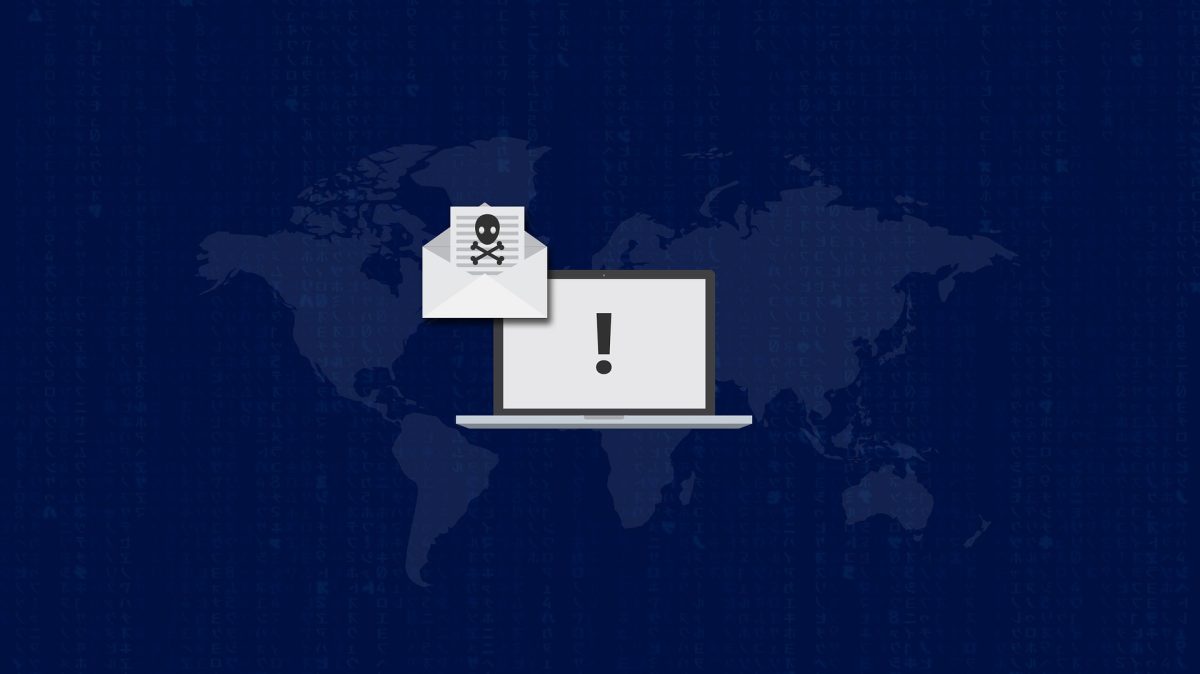Ominous headlines
For many people, consumers and entrepreneurs, technology is complicated enough as it is. In many cases, installing an update to make sure their software stays safe, isn’t necessarily self-explanatory. Technology either works or not. The nuance quickly disappears upon reading the ominous – albeit appropriate – headlines about the recent global cyberattacks. This doesn’t necessarily mean technology has become less safe, in fact, technology is becoming more safe as we continue to digitize as a society and improve our understanding of it. Innovations are happening in terms of security, too – just think of blockchain. New generations are growing up using it and are demanding safety from the industry.
This is a good thing, because discussions about privacy and online safety are increasingly becoming part of the public discourse – which makes it unwise for a manufacturer or industry to stay on the sidelines. But how do you communicate that you’re headed in the right direction as an internet provider, app builder, data hoster, smartphone manufacturer or security provider? And how can you demonstrate that you’ve got everything worked out? Three tips from the PR side of the tech industry.
1. Clearly communicate how you ensure safety – and repeat the message
imply saying your product or service is safe and secure no longer suffices. Business users and consumers all want to know that you can guarantee both their safety and how you accomplish this. If requested, you need to be able to explain how you use technology to ensure their safety and why your product or service is the best possible solution for their situation. In addition, you need to be transparent about where and how you store your (and their) data and what it means for their privacy. If users have to perform certain activities themselves – such as installing updates – it’s advised to include this in your messaging. And especially now that these topics are so important, it would be wise to repeat this in all of your communications.
2. Put your users in control
It’s important to communicate and strive for safety and reliability, but don’t forget to make sure your users are offered control and transparency, especially those that are more involved. Emphasize that they have control of their own safety while using your products and services. For example, by opening a dialogue about tips & tricks and an interactive dashboard that they can use to actively manage their account settings. Because IT workers – much like millennials – prefer to be in control. When it comes to more passive users, you need to make sure that they can rely on the default settings to optimally protect their safety and privacy.
3. Keep communicating – especially during crises
Consistent and frequent communications is key. The chances of the message actually sticking with the target group improve when you communicate the same message on various channels – albeit in different wording – even if you get tired of your own message. Especially during a crisis – such as the recent ransomware cases or other cyberattacks – it’s important to keep communicating with your target audiences and other stakeholders. Make it known that you’re the one who can fix the problem and share your knowledge. Seize the opportunity to position your brand as a thought leader. It’s advisable to prepare a variety of crisis scenarios with ready-to-publish content for your target audiences and share your knowledge and vision as a spokesperson about these themes to your media relations.
Your PR agency leads the way
Online safety is more than just a vehicle to talk about your own brand; it’s an important topic to educate society on. A PR agency like Progress Communications can help you with this. Not only do our consultants have personal experience with recent and previous crises concerning safety, we also proactively support our clients in building trust for their brand and approaching media relations to talk about these themes. Recently, we won a European Sabre Award with our client Microsoft for an online safety campaign that targeted the hard-to-reach Generation Z (Dutch youth aged 10-18) . For us, this award validates that we’re a reliable partner for our clients when it comes to communication about this important topic.
Ruud Berendsen
More news ›